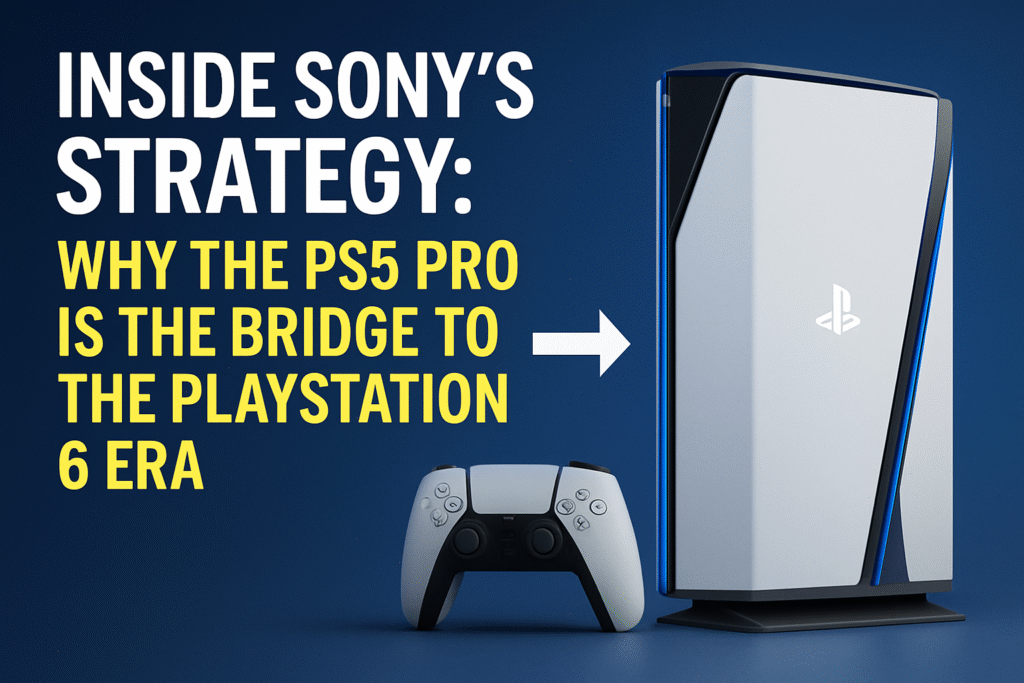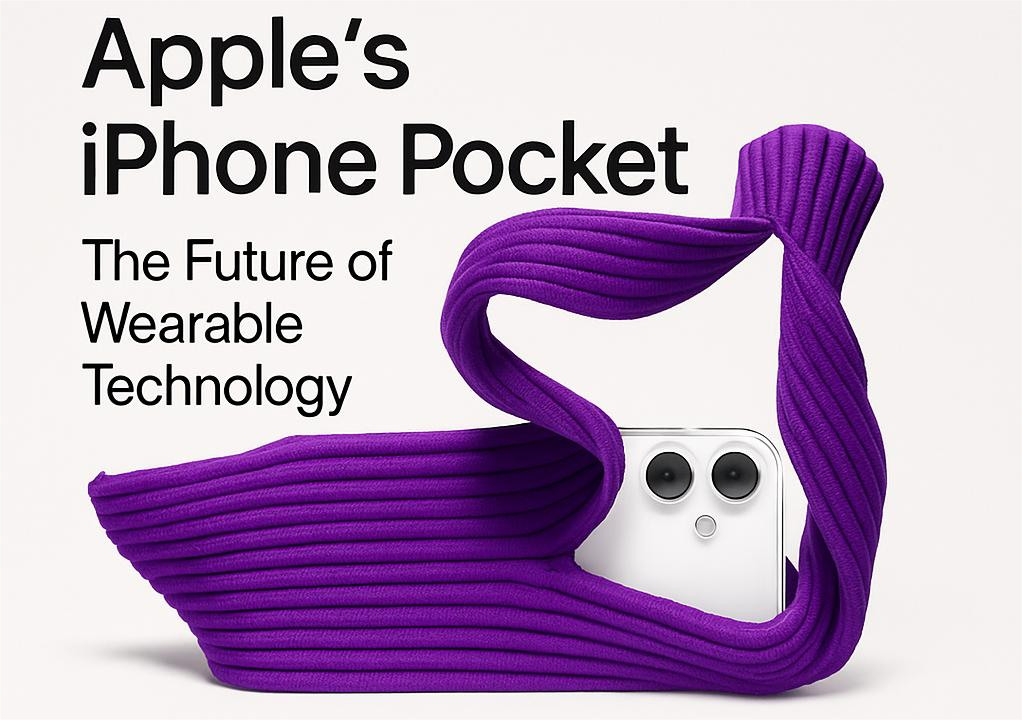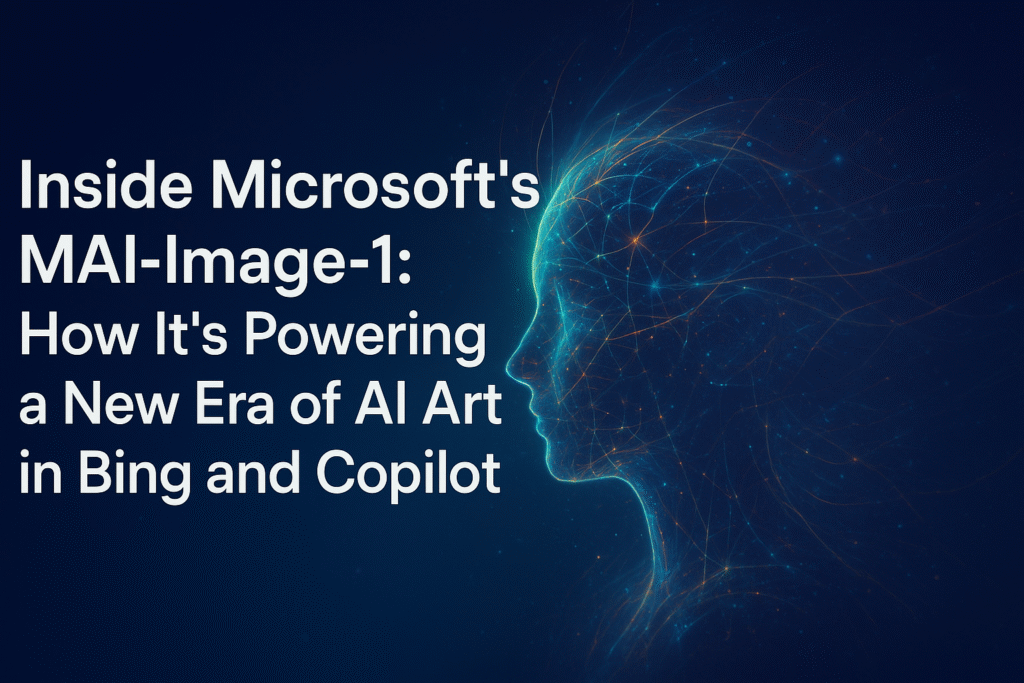
The field of computing has always been defined by innovation. From vacuum tubes to transistors, from silicon microprocessors to AI accelerators, every leap has transformed the way humanity interacts with technology. Now, the world stands at the threshold of a new computing revolution: hybrid quantum chips.
This new generation of hardware, which blends quantum computing capabilities with classical processors, promises to overcome the bottlenecks that currently limit quantum adoption. The result could be the birth of a new era—one where hybrid devices power breakthroughs in artificial intelligence, cryptography, climate modeling, and beyond.
In this article, we will explore what hybrid quantum chips are, their current state of development, challenges they face, and how they could redefine the future of computing.
What Are Hybrid Quantum Chips?
At their core, hybrid quantum chips integrate quantum processing units (QPUs) with traditional classical processors (CPUs or GPUs). Unlike purely classical systems, which rely on bits, or purely quantum systems, which rely on qubits, hybrid chips allow the two worlds to coexist and cooperate.
This approach is crucial because, while quantum computers can handle certain problems exponentially faster than classical machines, they are not well-suited for all tasks. For example:
- Classical processors excel at control, logic operations, and error correction.
- Quantum processors shine in optimization, simulation, and parallelism for complex systems.
By combining the two, hybrid chips create a balanced architecture capable of exploiting the strengths of both paradigms.
Why Hybridization Matters
Purely quantum devices, though powerful in theory, face significant practical limitations:
- Fragile qubits: Quantum states are prone to decoherence and errors.
- Cryogenic environments: Many qubits need ultra-cold environments to function.
- Limited scale: Current systems only reach a few hundred qubits at most.
Hybrid chips mitigate these challenges by offloading tasks: classical processors handle system control and stability, while quantum circuits tackle complex calculations. This not only reduces error rates but also makes the technology more accessible in the near term.
In other words, hybridization serves as a bridge between today’s classical dominance and tomorrow’s quantum-first future.
Recent Advances in Hybrid Quantum Chips
The last few years have seen groundbreaking progress in hybrid chip development, driven by both industry leaders and research labs.
1. Integration at the Hardware Level
Companies like IBM, Intel, and Google are developing designs where quantum and classical circuits share the same physical substrate. This reduces latency by minimizing the distance between classical control systems and quantum processors.
2. Cryogenic Classical Processors
One of the biggest challenges in hybrid design is operating classical control electronics at cryogenic temperatures. Recent advances have produced cryogenic CMOS chips, capable of functioning near absolute zero, making it easier to control qubits without heat interference.
3. Application-Specific Hybrid Chips
Instead of building general-purpose systems, researchers are creating hybrid chips tailored for specific problems—such as drug discovery, logistics optimization, and financial modeling. These niche applications allow early adoption while broader use cases mature.
4. Quantum AI Integration
Hybrid architectures are being tested for AI acceleration, particularly in deep learning. By combining the raw parallelism of quantum circuits with classical neural networks, early results suggest significant speed-ups in training efficiency.
Potential Applications of Hybrid Quantum Chips
If successfully commercialized, hybrid quantum chips could impact multiple industries:
- Healthcare and Pharmaceuticals
- Simulating molecular interactions for faster drug discovery.
- Personalized medicine based on genetic modeling.
- Simulating molecular interactions for faster drug discovery.
- Artificial Intelligence
- Enhancing machine learning models with quantum-boosted optimization.
- Reducing training time for large-scale neural networks.
- Enhancing machine learning models with quantum-boosted optimization.
- Cybersecurity
- Post-quantum cryptography testing.
- Secure hybrid systems combining quantum encryption with classical infrastructure.
- Post-quantum cryptography testing.
- Climate Science
- Modeling climate systems with unprecedented accuracy.
- Creating optimized renewable energy grids.
- Modeling climate systems with unprecedented accuracy.
- Finance
- Quantum-enhanced risk modeling.
- Portfolio optimization across global markets.
- Quantum-enhanced risk modeling.
Challenges Ahead
Despite the excitement, the road to widespread adoption is filled with hurdles:
- Scalability: Current quantum devices are small-scale, limiting practical applications.
- Error Correction: Even with hybridization, error rates remain high compared to classical systems.
- Energy Requirements: Maintaining cryogenic environments is costly and energy-intensive.
- Standardization: Different companies use competing qubit technologies (superconducting, trapped ions, photonic), complicating integration.
- Economic Accessibility: Hybrid systems may remain too expensive for small organizations until costs decrease.
The Future of Hybrid Quantum Hardware
So, are hybrid quantum chips truly the beginning of a new hardware era? The evidence suggests yes, but gradually. Much like GPUs began as niche accelerators before becoming indispensable for AI and gaming, hybrid chips will likely start in specialized fields before expanding into general-purpose computing.
By the 2030s, we could see hybrid systems integrated into cloud platforms, powering services accessible to developers worldwide. Longer-term, consumer devices—such as smartphones and laptops—may integrate lightweight hybrid processors for AI-driven applications.
The hybrid approach is not a stopgap; rather, it is the logical evolutionary step bridging classical and quantum computing. Just as transistors once replaced vacuum tubes, hybrid quantum chips may one day replace—or at least transform—traditional CPUs and GPUs.
Conclusion
The march of progress in computing shows no signs of slowing. Hybrid quantum chips represent a bold step toward a future where quantum power is not locked away in labs but integrated into the very fabric of everyday hardware.
While challenges remain, the momentum is undeniable. As quantum and classical technologies converge, the promise of a new hardware era—one where hybrid processors unlock innovations we can scarcely imagine today—grows ever closer.
The question is not if hybrid quantum chips will reshape computing, but when.





